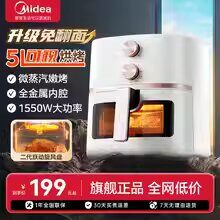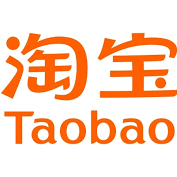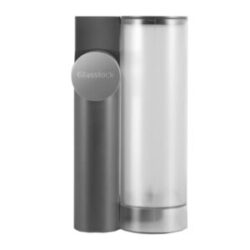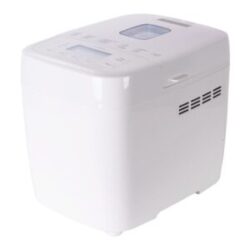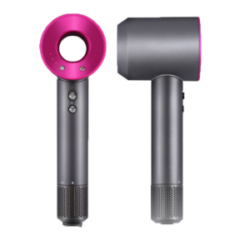二、名词的语法特点 Grammatical features
(一)名词前边一般能加数词和量词。例如: Generally a noun can be preceded by a numeral-measure word combination. For example:
一个朋友 一支笔
一辆汽车 一条鱼
 亚马逊导购
亚马逊导购  卑诗省当天新盘
卑诗省当天新盘  读新闻学外语
读新闻学外语
(二)一般不能受副词修饰。 A noun cannot be modified by adverbs.
(三)少数有量词性质的单音节名词可以重叠,表示“每”的 、意思;这时不能再加量词。例如: Some monosyllabic nouns can be reduplicated to express the mean- ing of “every”. In such cases, there is no need for measure words. For example:
人人(每人) 事事(每件事) 天天(每天)
(四)指人的名词后边可以加词尾“们”,表示复数。例如: The suffix f] can be added to a personal noun to express the plural. For example:
朋友们 记者们 孩子们 家长们
(五)有些名词是由名词或动词加上词尾“子”、“儿”或 “头”构成的。例如: Some nouns are composed of a noun or verb with a suffix 子, 儿 or头,For example:
桌子 椅子 杯子 剪子
画儿 活儿 尖儿 盆儿
石头 木头 指头 舌头




